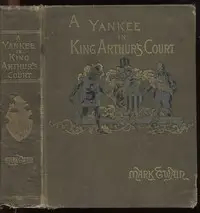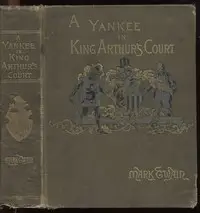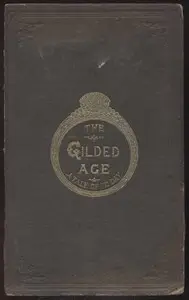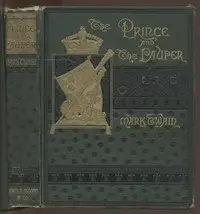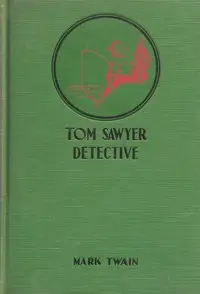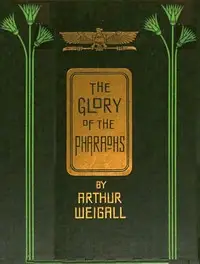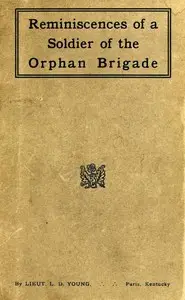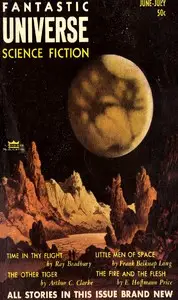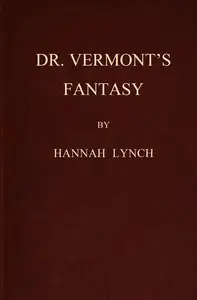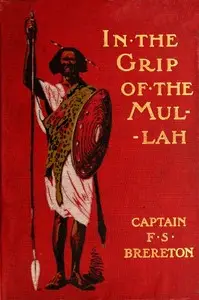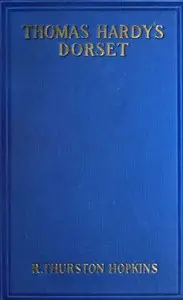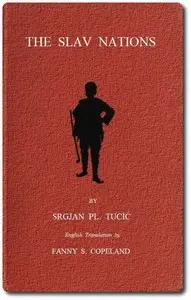"The Man That Corrupted Hadleyburg" by Mark Twain is a satirical novella that fits into the genre of social commentary fiction, likely written in the late 19th century. It revolves around the fictitious town of Hadleyburg, celebrated for its supposed incorruptibility and unblemished honesty, only to have that reputation put to the test when a stranger's malicious plan threatens to expose the hypocrisy lurking beneath its prided façade. The story follows key characters, including Mr. and Mrs. Richards, who find themselves grappling with temptation and moral decline as they become integral to the unfolding drama. The opening of the novella sets the stage by establishing Hadleyburg as a community proud of its virtuous reputation, which has persisted for generations. However, an unexpected encounter with a stranger ignites a series of events leading to the introduction of a sack filled with gold coins, purportedly meant for a good Samaritan who once aided the stranger. Mr. and Mrs. Richards, consumed by the allure of wealth and recognition, become enmeshed in the implications of the strangers' challenge while grappling with their own moral dilemmas. As the town prepares for a public inquiry to identify the anonymous benefactor, the ensuing chaos and revelations begin to peel away the layers of Hadleyburg's pretentious purity, hinting at the broader themes of human nature, pride, and the vulnerability of so-called virtues to greed and corruption. (This is an automatically generated summary.)
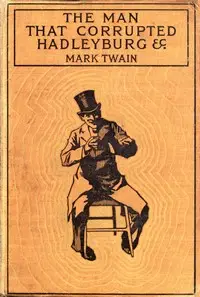
The Man That Corrupted Hadleyburg, and Other Stories
By Mark Twain
"The Man That Corrupted Hadleyburg" by Mark Twain is a satirical novella that fits into the genre of social commentary fiction, likely written in the ...
Samuel Langhorne Clemens, known by the pen name Mark Twain, was an American writer, humorist, and essayist. He was praised as the "greatest humorist the United States has produced," with William Faulkner calling him "the father of American literature." Twain's novels include The Adventures of Tom Sawyer (1876) and its sequel, Adventures of Huckleberry Finn (1884), with the latter often called the "Great American Novel." He also wrote A Connecticut Yankee in King Arthur's Court (1889) and Pudd'nhead Wilson (1894) and cowrote The Gilded Age: A Tale of Today (1873) with Charles Dudley Warner.

